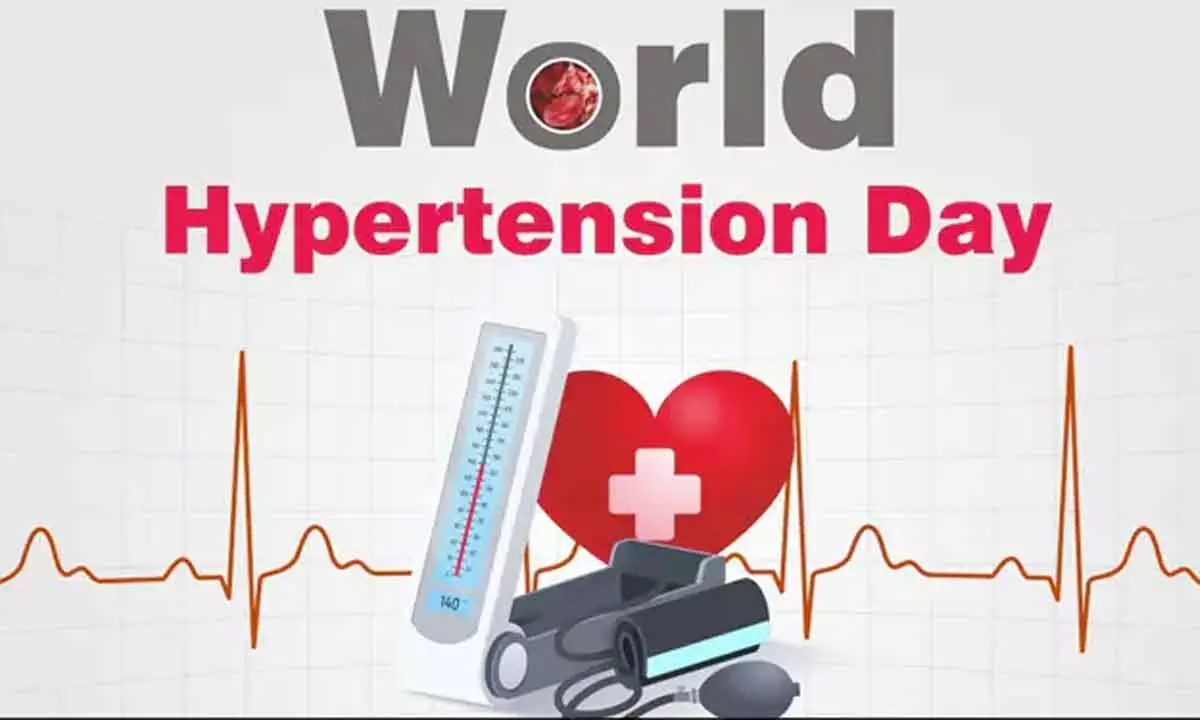Live
- Cong accepted country's division on basis of religion: PM Modi
- TN Police targeting me in Rs 4 cr cash seizure case, says BJP leader Nainar Nagendran
- Former Zimbabwe cricketer Guy Whittall injured by leopard
- Fatal Fire Erupts In Hotel Near Patna Junction, Claims Six Lives
- Congress Challenges PM Modi's Allegations: Calls Out "Falsehoods" Amidst Electoral Rhetoric
- CPI(M) leader seeks Calcutta HC’s attention over Bengal CM's anti-judiciary comments
- Aparna Yadav Challenges Akhilesh Yadav's Candidacy In Kannauj: No Longer A Smooth Ride For Samajwadi Party
- A constable who helped an old woman in a very dangerous place
- WBSSC Claims Eligibility For 19,000 Dismissed Staff Amidst Teacher Recruitment Scandal
- Tollywood’s shifting landscape: The growing influence of OTT platforms









